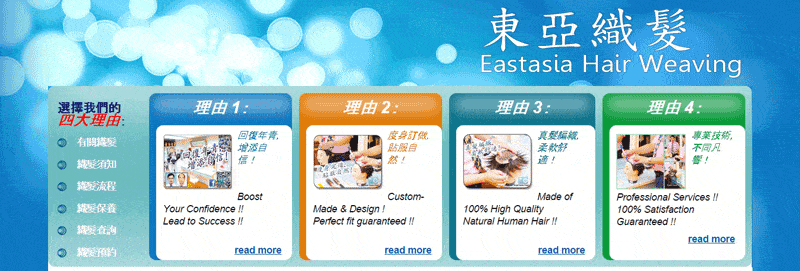|
|
In recent weeks there have been many news reports about restaurant chains banning the use of plastic straws to protect the environment. Multinational and local restaurant chains in many countries are under pressure to stop supplying plastic straws to customers because the world is producing too much plastic waste. Plastic straws cannot be recycled and are sent to landfills. Some eventually get into the world’s oceans, endangering sea life and even people who eat seafood. The expression “restaurant chain” means a restaurant company that has many stores selling similar products. The word “multinational” used this way means a business that operates in many countries. Hong Kong has many multinational and local restaurant chains that sell fast food.
The English language media in Hong Kong and overseas often use “the last straw” as the headline for their reports about the banning of plastic straws. It is a very clever headline that plays on words. The idioms “last straw” or “final straw” mean the last in a series of unpleasant or difficult events that makes you feel you can no longer accept the bad situation. For example, you can say: “I lost my mobile phone on the way to work. Then my boss told me I was fired. When I went home I found my wife with another man. It was the last straw.
The media likes to use “the last straw” as a headline for the banning of plastic straws because it describes a situation where it is no longer acceptable to use plastic straws. The idiom comes from the idiom “the straw that broke the camel’s back” which originally came from a proverb. It has a similar meaning to “the last straw”. It means a large number of small things can eventually cause disaster or a big change. For example, you can put one thing after another on a camel’s back. But eventually the camel will not be able to carry anything more. If you then put even one straw on the camel’s back, it will collapse. I stopped using plastic straws a long time ago. I hope you will stop too.
|
|
